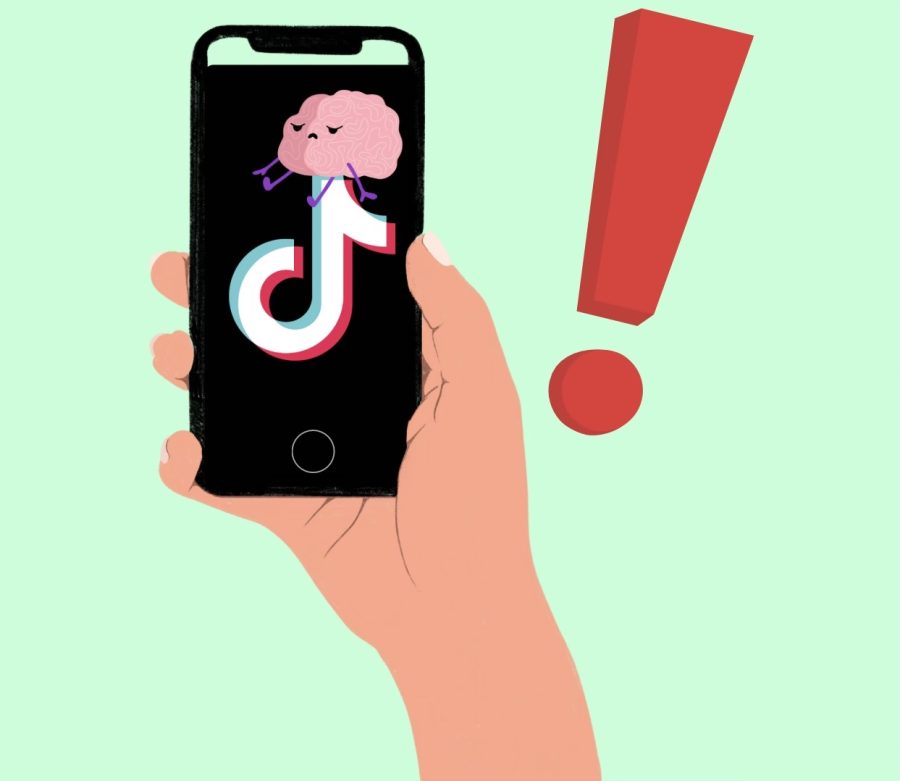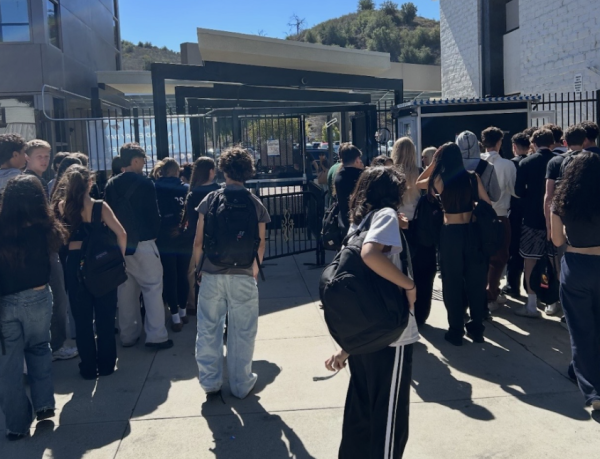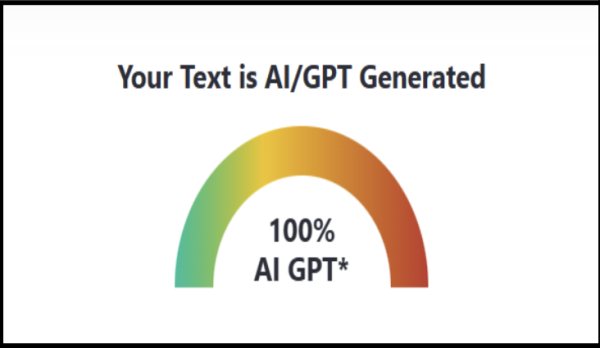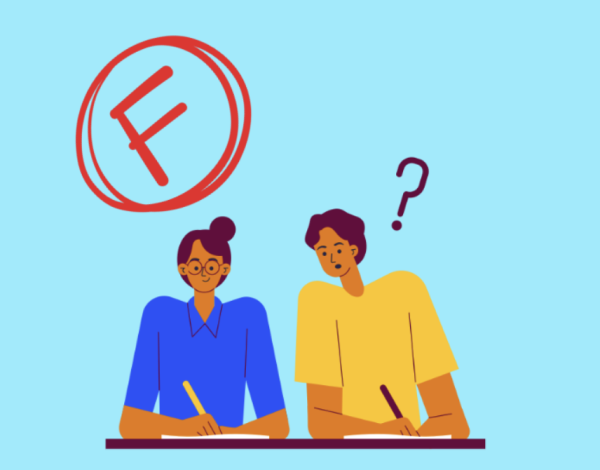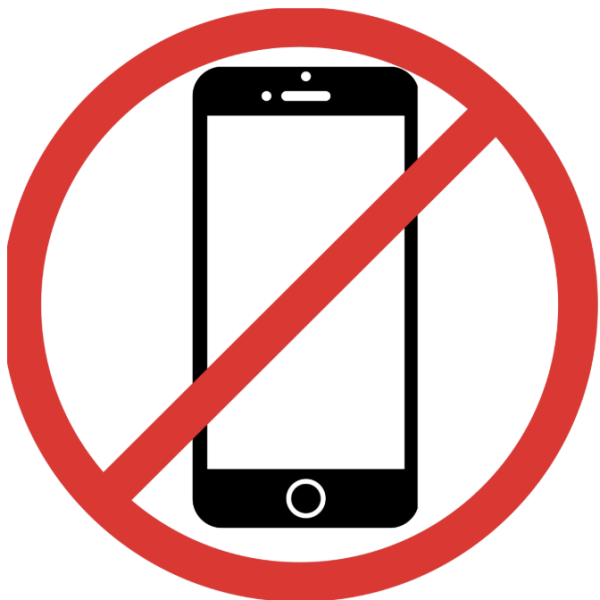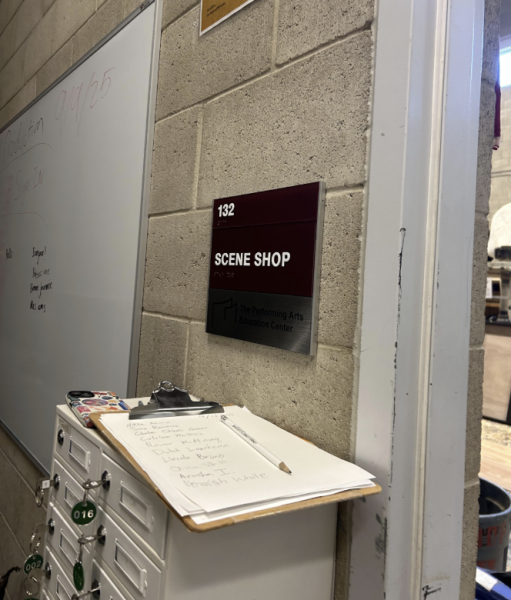TikTok: Teens should not self-diagnose
Note: Whenever possible, we pursue information on the record. When newsmaker insists on remaining anonymous, we will not include that information without it first being approved by Courier leadership. This story contains an anonymous source who requested anonymity when speaking to The Courier about their lived experience with Tik Tok and self-diagnosis. We chose to grant anonymity to protect that student from possibly bullying.
As of July 2022, TikTok had over one billion monthly users, increasingly becoming the voice of Gen Z and allowing teenagers to access millions of videos each day. With the endless content offered by the app and its users, some teens are mistakenly self-diagnosing themselves with mental disorders, harming their overall health and well-being.
If a teen searches up disorders on TikTok, multiple videos explaining symptoms of each disorder appear. This can lead to Munchausen syndrome, a psychological condition where someone “pretends to be ill or deliberately produces symptoms of illness in themselves,” generally in search of attention, according to the U.K National Health Service.
For instance, a TikTok video shows a user explaining personal symptoms of ADHD as general signs of the disorder, despite the fact that many are simply common teenage experiences. This is misleading to teens as it may convince them they have a disorder when their experience might actually be completely normal.
“I thought I had insomnia for so long,” said a CHS student who chose to remain anonymous. “TikTok led me to believe my symptoms were abnormal. When I talked to my doctor, I realized I had a hard time falling asleep because I’m on my phone too much and barely go outside.”
False diagnosis through social influence is particularly dangerous to teenagers because of their impressionability. If teenagers believe they are experiencing mental illnesses based on social media instead of consulting a professional, they can end up spreading and glamorizing false disorders.
“The ages of 11 to 17 are particularly susceptible to social influence,” said Dr. Adeola Adeleyo in a Banner Health article. “These TikTok channels can create a sense of community and inclusiveness for this age group, but they can also be a slippery slope.”
The influx of available mental health content only catalyzes the epidemic of self-diagnosis. Believing everything on TikTok and applying content to one’s personal circumstances can be dangerous and make a potentially simple problem much worse.
“Self-diagnosis can lead you down the wrong path,” said Dr. Srini Pillay in a Psychology Today article. “There is the fact that we can know and see ourselves, but sometimes, we need a mirror to see ourselves more clearly. The doctor is that mirror. By self-diagnosing, you may be missing something that you cannot see; […] for example, you may be overwhelmed by anxiety and think that you have an anxiety disorder. Another danger of self-diagnosis is that you may think that there is more wrong with you than there actually is.”
Social media does create a sense of community for those who might be dealing with mental or physical illnesses, offering the opportunity to connect with others and gain new perspectives on how to deal with challenges. However, social media should not be used as a primary source of information.
Turning to self-diagnosis has become a natural tendency among many teenagers, but there are better ways to seek help.
Other alternatives CHS students can turn to include speaking with a Wellness Counselor in the Wellness Center, which is dedicated to offering emotional support and helping students work towards improving mental health. Students can also seek a professional psychologist or medical doctor, call hotlines such as the 988 Suicide and Crisis Lifeline or talk to a trusted adult.
TikTok is not meant to be a doctor or therapist, and the misleading nature of self-diagnosis can unfold massive repercussions. In order to protect teenagers from using TikTok to tackle issues they are not qualified to diagnose, adolescents should be encouraged to try safer options.
Your donation will support the student journalists of Calabasas High School. Your contribution will allow us to purchase equipment and cover our annual website hosting costs.
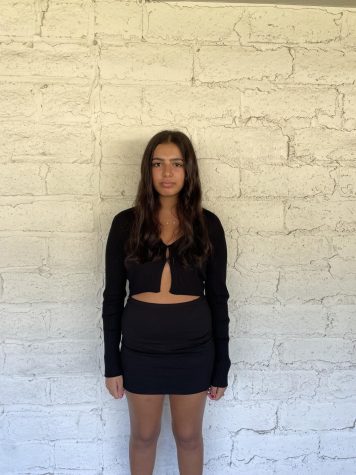
I'm Kylee Barnaj! This is my first year on the Journalism team. I have a huge passion for writing, which I mostly write with no intention of anyone ever...
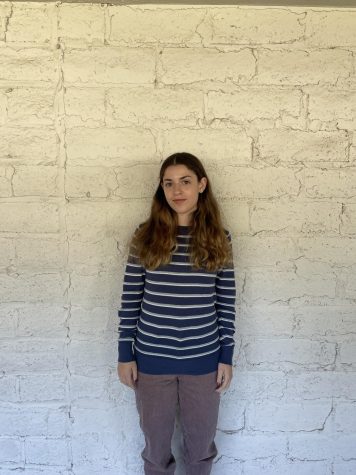
Hi! My name is Sedona Kaye, and I’m the Perspectives Editor this year. I learned so much as a staff writer last year and can’t wait to learn more....


